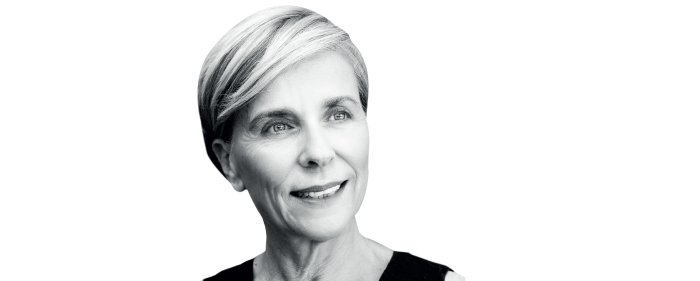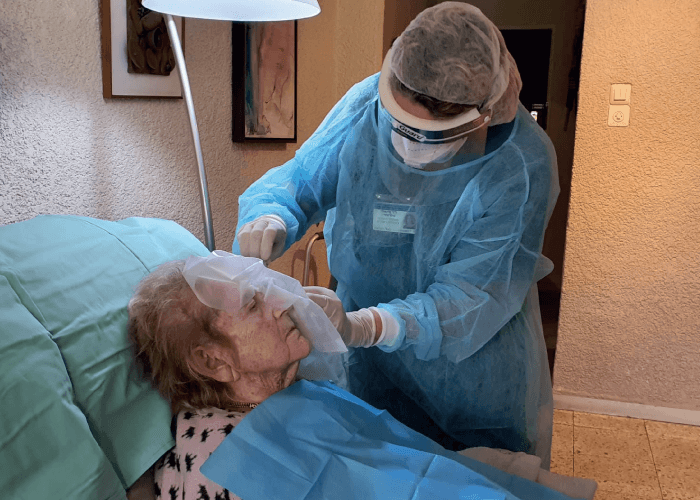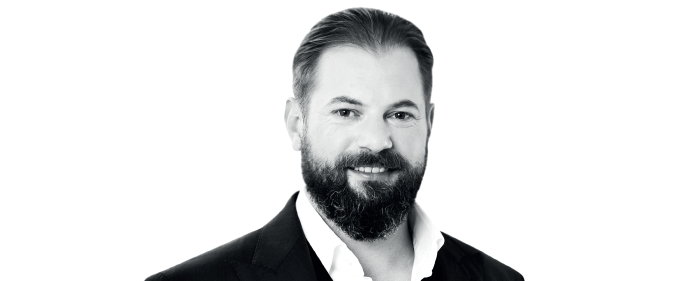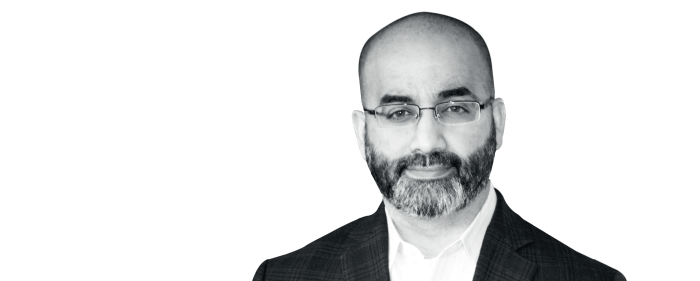
We asked ophthalmologists around the world to tell us how their professional and personal lives have changed during the COVID-19 pandemic.
Steve Charles, CEO and Founder, Charles Retina Institute, Clinical Professor of Ophthalmology, University of Tennessee, TN, USA
We still see patients and conduct procedures, but we have introduced certain preventative measures. All staff and patients undergo a temperature check, and they are asked about their travel and cough history before entering the building. We continue to administer monthly anti-VEGF injections, and perform surgical procedures, with the exception of those that are fully elective – such as rare instances of vitreous condensation vitrectomy. All practice staff wear masks – I opt for an N95 mask in the operating room, but also while working in the office, and shopping for groceries or medications. After work, I cook, eat and exercise alone in my apartment.
Anat Loewenstein, Chair, Division of Ophthalmology, Tel Aviv Medical Center; Vice dean, Sackler Faculty of Medicine, Tel Aviv University, Israel
We continue to offer intravitreal injections to our patients but are providing home injections for patients who are reluctant to come to hospital. Retina specialists check every patient’s file and determine if injections are necessary. If so, we recommend that the patient comes in for “fast-track” treatment, coming in just for the injections (if they are in the loading phase or treated by capped PRN regimen or fixed regimen). If they are still reluctant to come to the hospital, we visit their homes to perform the injection. We are fully protected at all times, and we keep a sterile setting. This method has been very successful and patients are very grateful for this approach. With the generosity of Novartis Israel we got a mobile OCT that we can take to our patients' homes. We also have a separate space that we can open to injections and treatments of patients who don’t want to come to the hospital but will come to a remote area.


Florian Kretz, CEO of PVK Precise Vision GmbH, Precise Vision Augenärzte Erlangen and Lead Surgeon at Augentagesklinik Rheine and Greven, Germany
Most of my thoughts at the moment revolve around getting through these difficult times: taking care of my staff, preparing my patients adequately and making it possible for them to visit the clinic safely. Of course, the situation has also affected our research activities; we have had to stop time-consuming examinations or radically decrease their numbers, as the risk to patients and staff is too high. We’ve had to shorten our employees’ working time, but fortunately we haven’t had to let anyone go. We’re continuously developing the best and safest working practices and procedures to protect our patients and staff as best we can. I have been reading a lot of news and research around SARS-CoV-2 and COVID-19, looking into potential antiviral therapies and the use of hydroxychloroquine tablets, but I believe that if something effective for dealing with the virus existed, we would already know about it.
That’s why I think we need to focus our efforts on keeping everyone safe for now, by finding ways of controlling the spread. We also have to start preparing now for life after the pandemic, when all the patients whose appointments and procedures have been postponed will come back to our practices.

Malik Y. Kahook, The Slater Family Endowed Chair in Ophthalmology, Professor and Chief, Glaucoma Service at the Sue Anschutz-Rodgers Eye Center, The University of Colorado’s Department of Ophthalmology, Aurora, USA
Since “COVID-19” entered into our vocabulary a few short weeks ago, many things have changed both in my personal and professional life.
On the work front, we have removed non-urgent-care patients from both the clinic and the operating room. This has resulted in a dramatic reduction in face-to-face patient care and a steep reduction in surgical numbers over the past three weeks. We are still seeing urgent and post-operative patients and we are still performing some glaucoma surgeries for those needing immediate care. However, the majority of our visits now lie in the realm of Virtual Health (VH).
I was part of the internal committee tasked with exploring and implementing workflows around VH, which we greatly expedited by exploring all known options and adapting standard operating procedures that others had created to suit our needs. We trained our entire faculty on using our hospital VH system (EPIC with VidyoConnect) and started seeing patients online just a few days after eliminating face-to-face non-urgent care. Many of our doctors are seeing VH patients from home and becoming more and more active on this platform with each passing day.
I am impressed with how resilient many of my partners have been throughout this entire ordeal. My colleagues have been in good spirits and most have rolled up their sleeves to figure out new workflows, new solutions and novel ways to enhance care for patients, and have been very supportive of each other.
On a personal level, my wife (who is a physician practicing family medicine) and I are both at home at all times when not in clinic. We also have a 7-year-old son who is home from school (all schools closed here two weeks ago) so we spend a great deal of time homeschooling him and keeping him entertained. We spend some time outside on walks and riding bikes to stay healthy. This also gives some degree of distraction from the news and the daily grind of seeing patients in clinic or using VH.
We pass time by watching movies, talking to family members around the world using FaceTime, and playing games. The one silver lining in all of this has been the added time we get to spend with each other, and I feel our bonds strengthening every day.
Despite all of the clinical and personal responsibilities, our startup work also continues in earnest. I continue to have daily video and phone calls with team members and our research, manufacturing and testing has not slowed down. The whole team is committed to meeting our timelines and planning for the day when we can all sit in the same room again and find better ways to treat patients with blinding diseases.
If you’d like to let us know how the COVID-19 pandemic has affected your life and work, please email aleksandra.jones@texerepublishing.com

